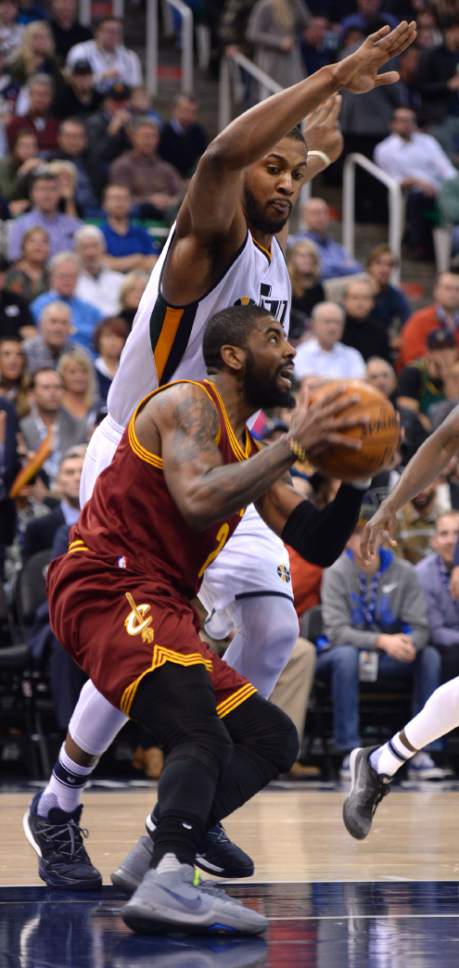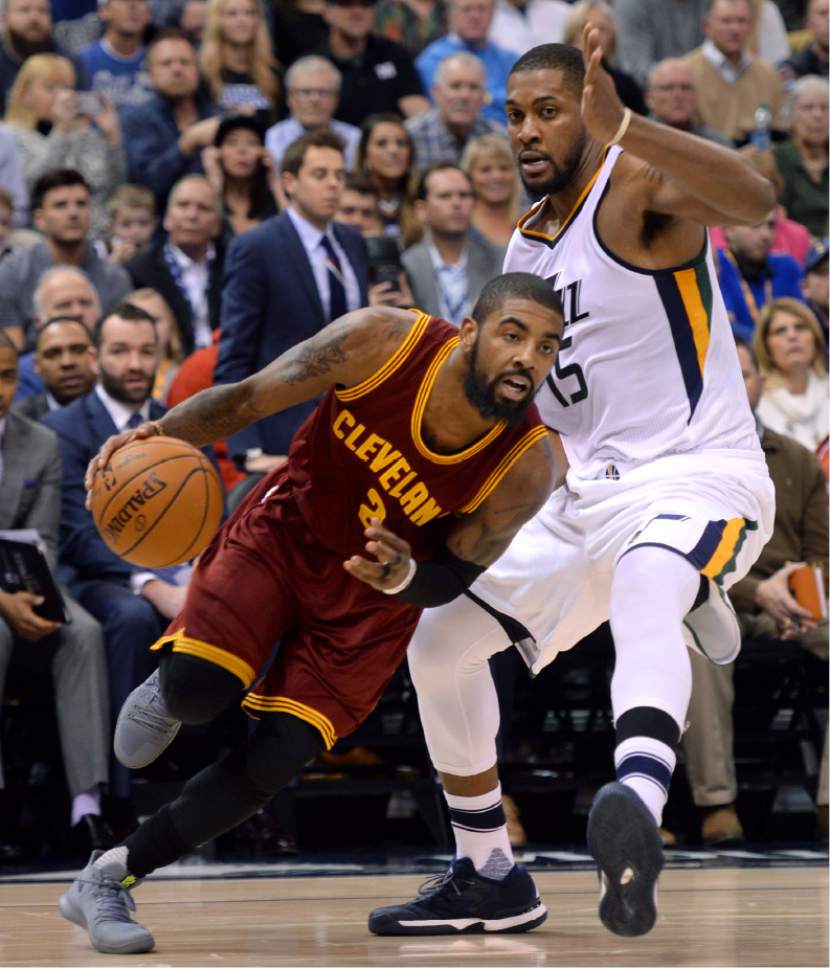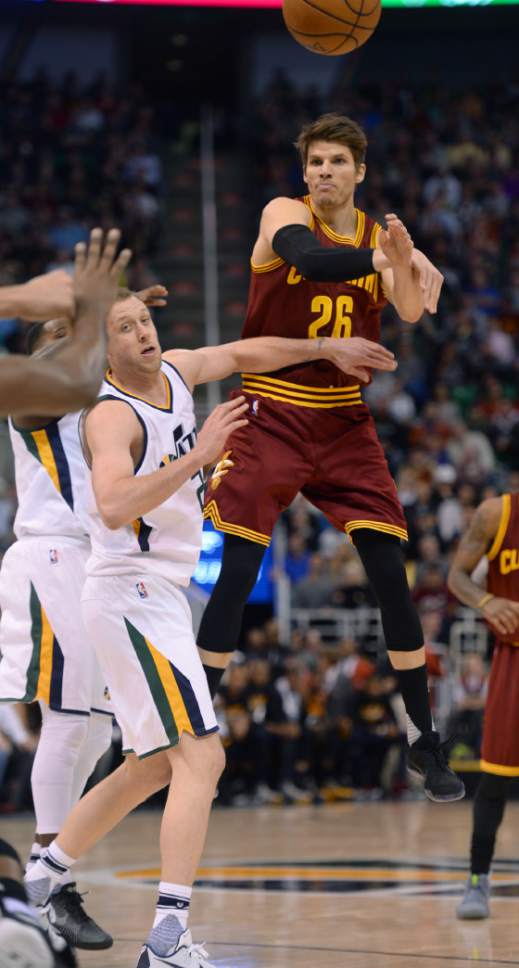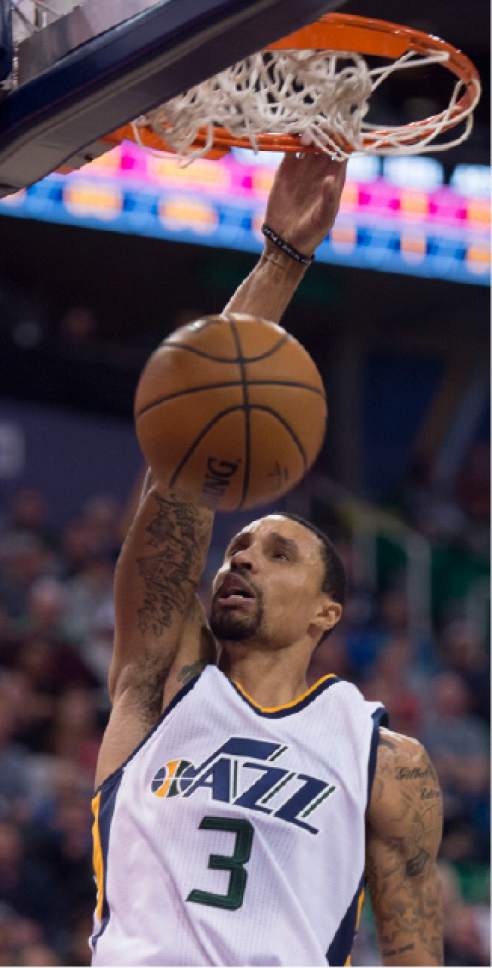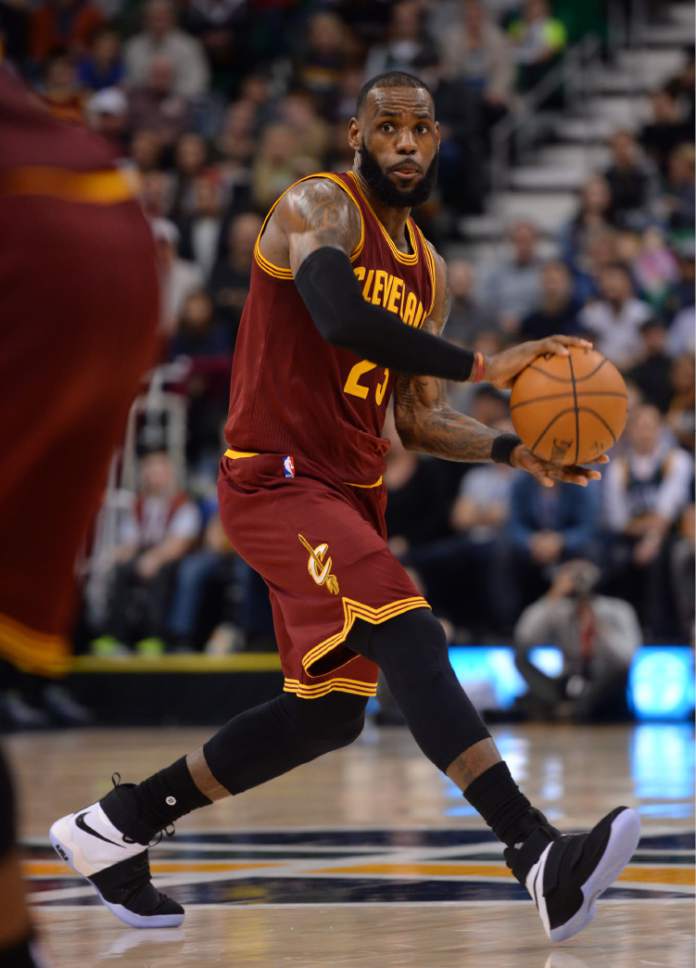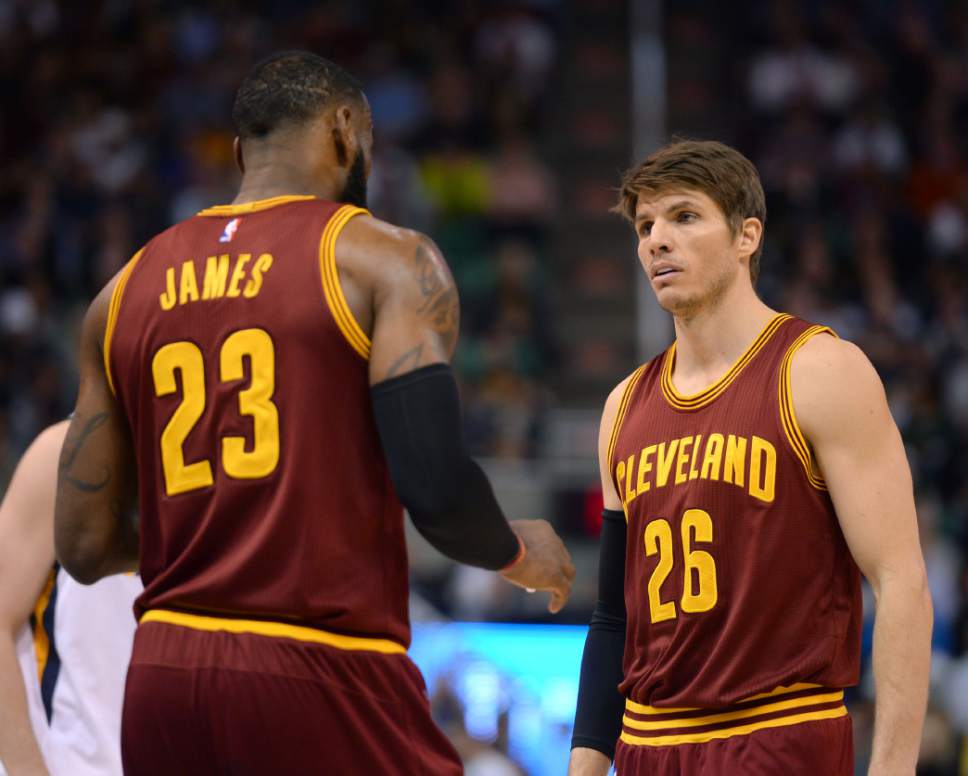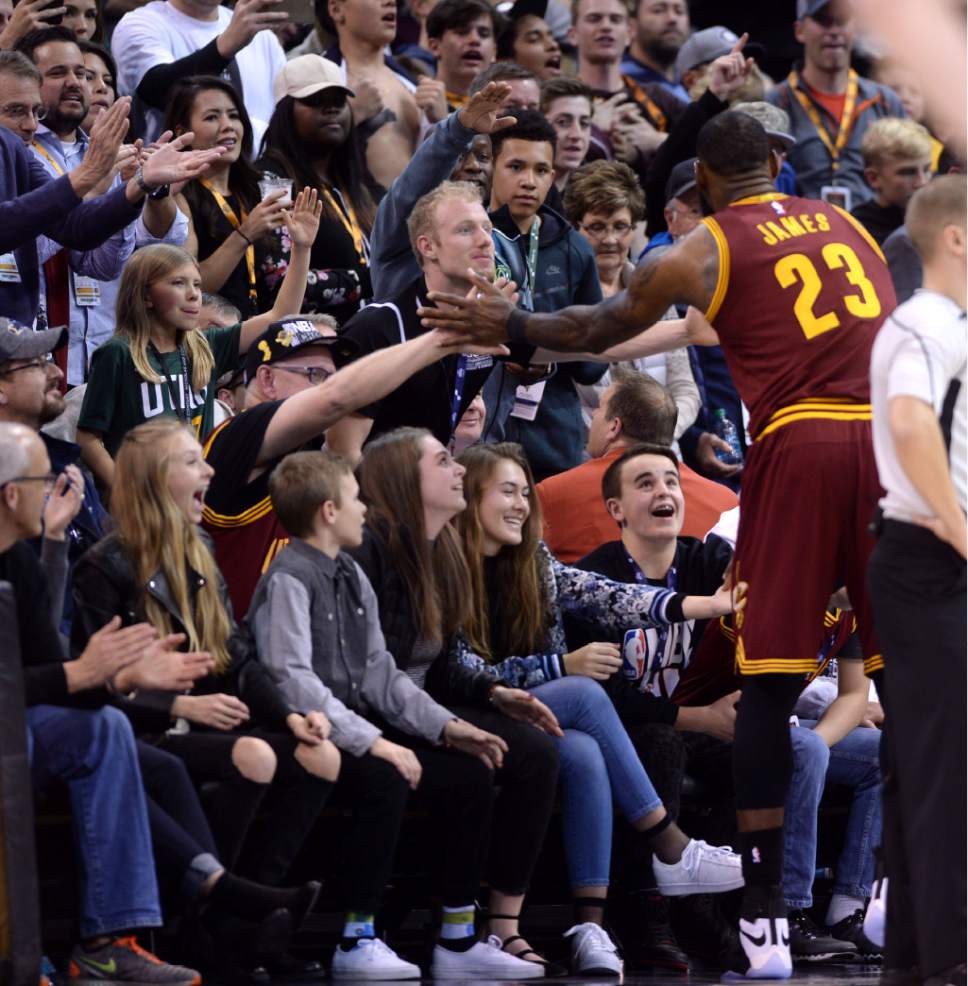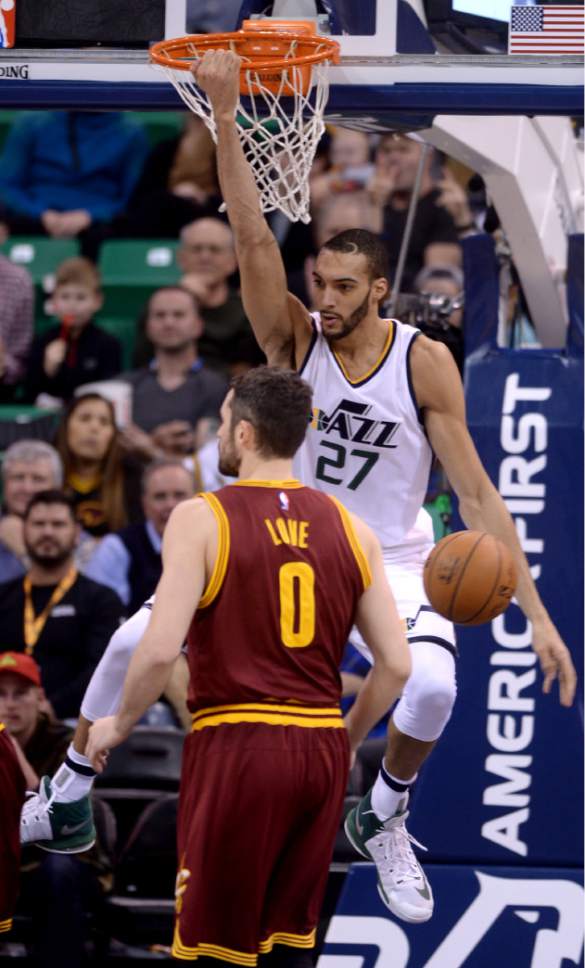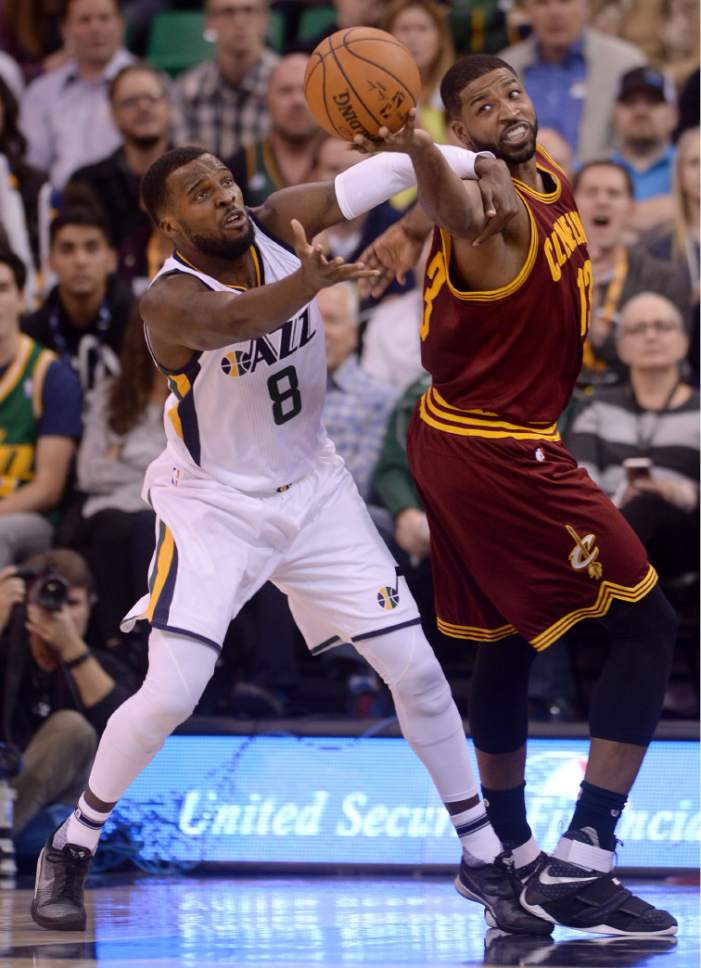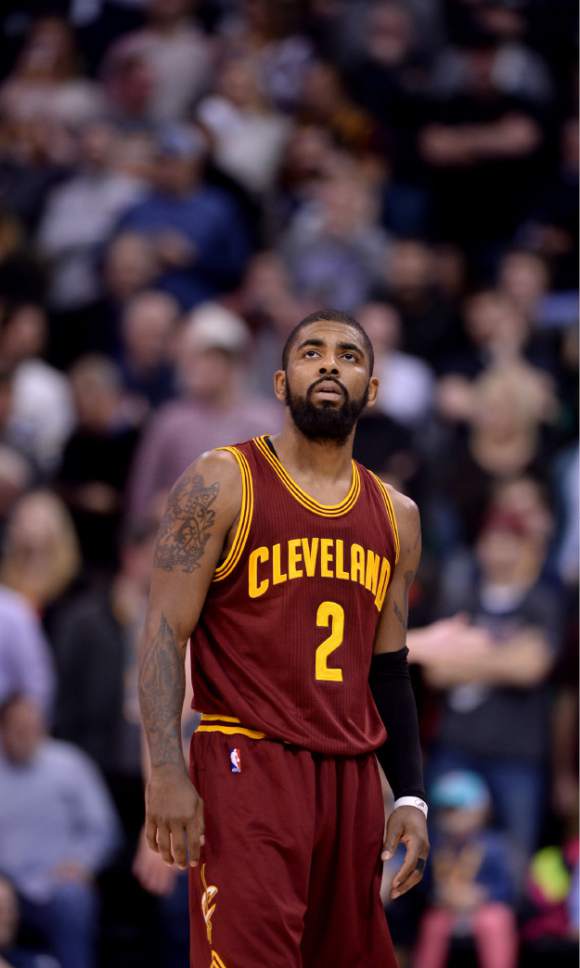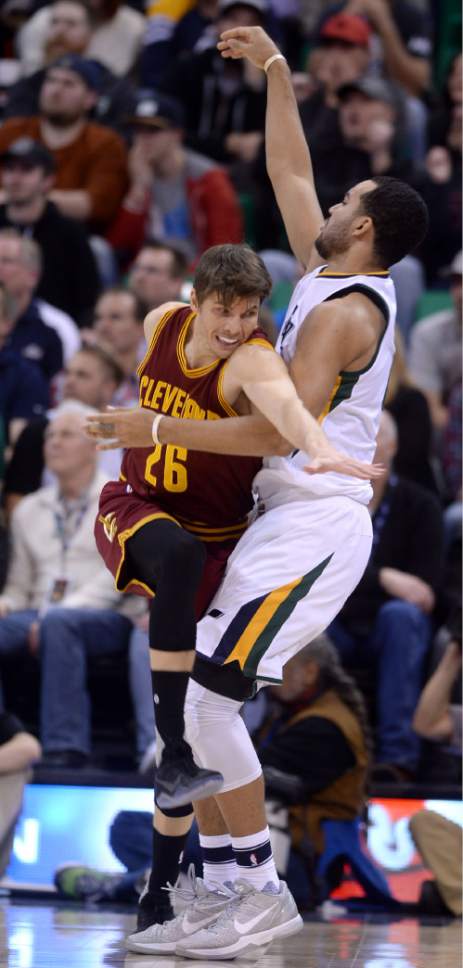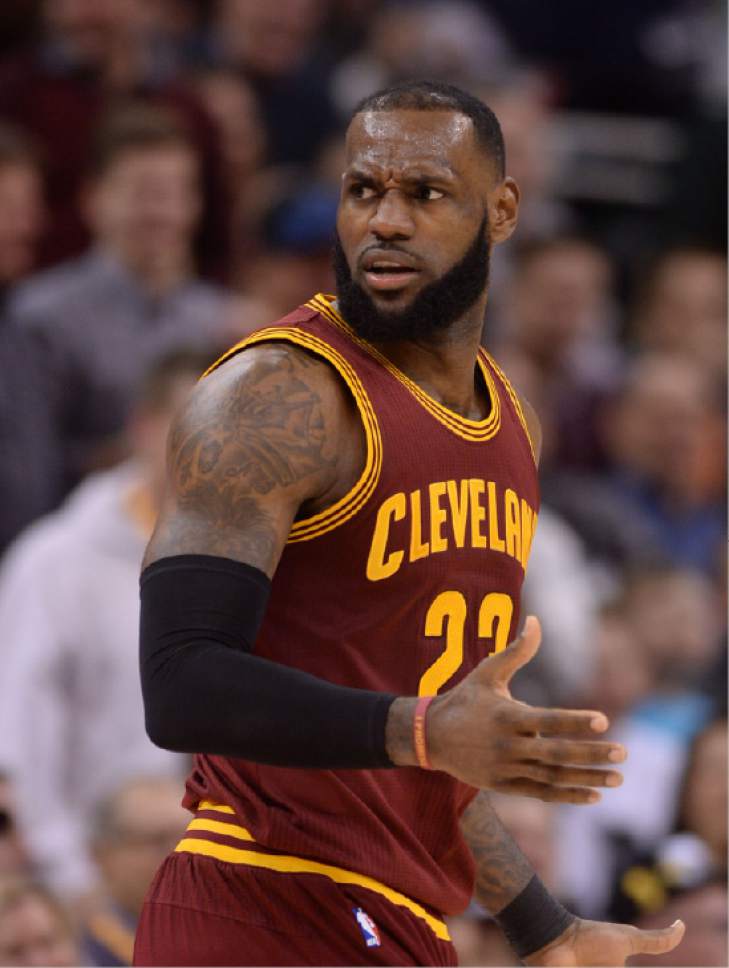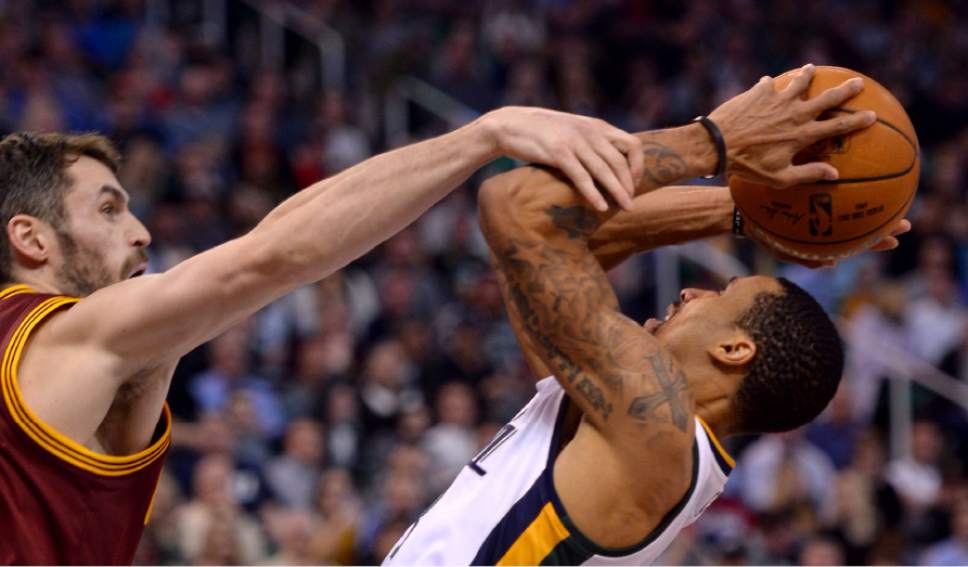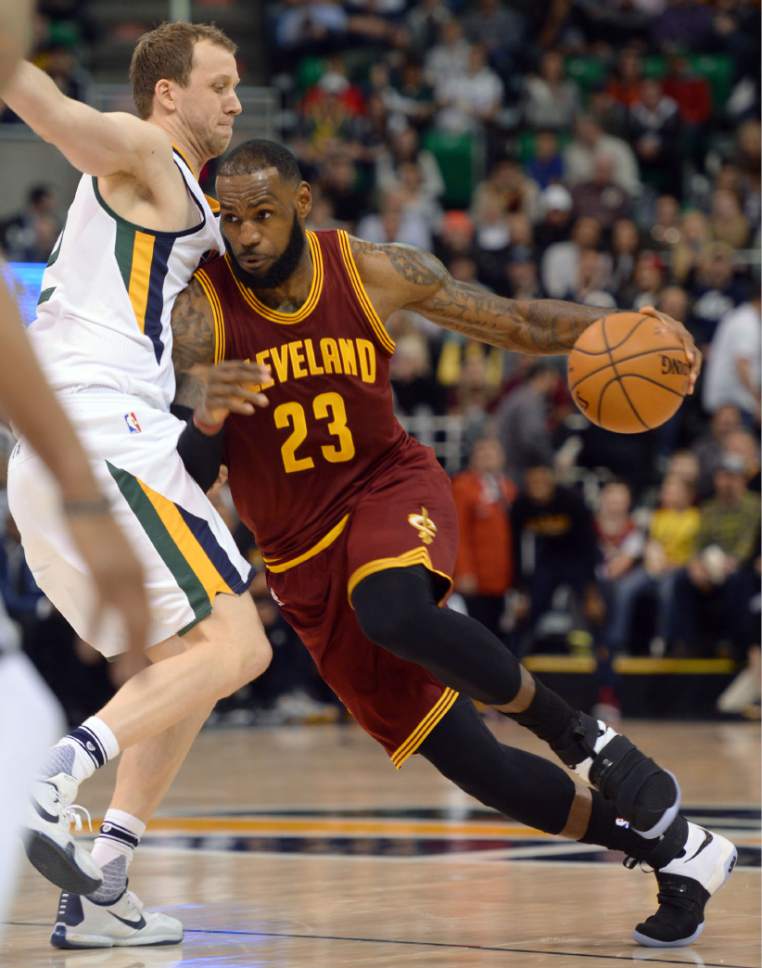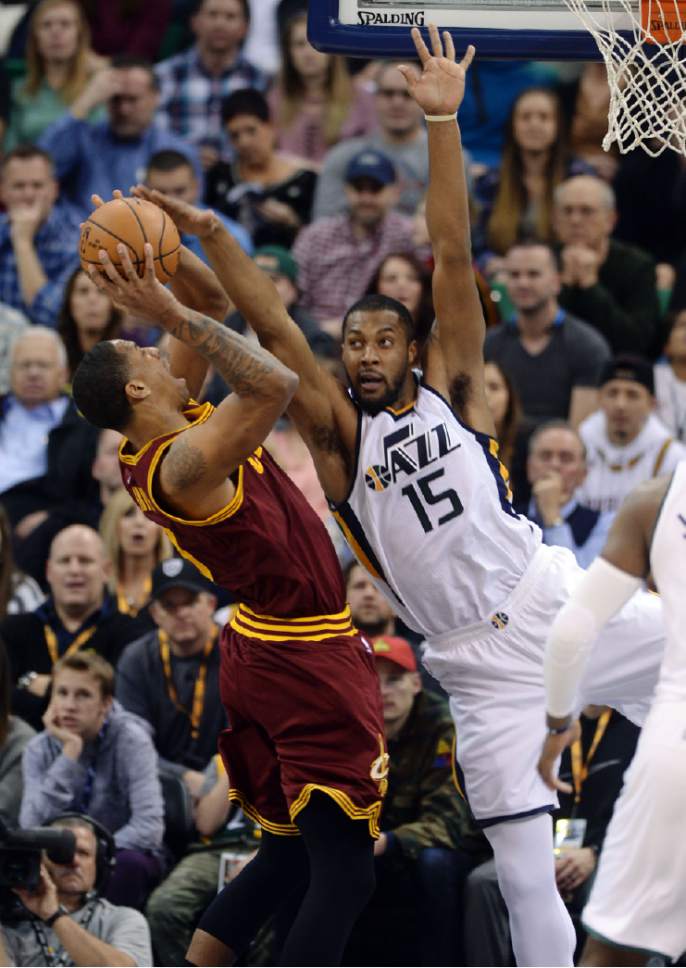This is an archived article that was published on sltrib.com in 2017, and information in the article may be outdated. It is provided only for personal research purposes and may not be reprinted.
One of the first stories I wrote about the NBA in the 1980s listed the wrong team as the reigning champion, but I didn't miss by much.
Either the Los Angeles Lakers or the Boston Celtics almost always won the title in that era, making the mistake forgivable. And that history is why the prospect of a third straight meeting of Cleveland and Golden State in the NBA Finals is not disturbing to me.
Domination of the NBA is not a recent phenomenon. Great teams always have driven interest in this league, although the irony is that lack of free agency kept them together in the old days and now the opportunity for players to move is helping to create them.
The Celtics won every championship except one from 1959 to 1969, while facing the Lakers six times in the championship series. The Lakers and Celtics combined for eight titles in the '80s, a decade that's credited for the revival of the league after parity defined the '70s. The Chicago Bulls won six championships in the '90s, as Utahns know. The Lakers claimed five titles from 2000 to 2010.
So having the Warriors vs. Cavaliers in the Finals every year may become tiresome by about 2020, but not yet. I'll acknowledge that some degree of resistance along the way might be healthy. Boston's Game 3 victory Sunday in Cleveland was heartening, as the Celtics rallied from 21 points down in the third quarter without Isiah Thomas.
That development also may be frightening to some Jazz fans, who are just paranoid enough to think the Celtics' remarkable response to Brad Stevens' coaching after a 44-point defeat in Game 2 and losing their best player would make Gordon Hayward want to join them. Personally, I'm sticking to the theory that to justify Hayward's move, Boston would have to play Golden State in the Finals and do better against the Warriors than the Jazz did. That's not going to happen, and the image of Cleveland's ransacking of Boston in the first two games should remain implanted in Hayward's mind.
The Celtics are a long way from overtaking the Cavs in the Eastern Conference, never mind that they finished ahead of them in the standings this season. LeBron James is not going anywhere soon. In that sense, it wouldn't bother me if Hayward gave the Jazz the next four years then moved when the opportunity to win the East became greater in Boston. But who knows, maybe the Jazz will have closed a significant part of the gap with Golden State in the West by then.
The continuing climbs of the Celtics and Jazz are fascinating to me. Since the dual teardown seasons of 2013-14, when each team went 25-57, the Celtics are 141-105 and the Jazz are 129-117. Their steps have been similar for three years, with geography being the biggest difference. Playing in the East has enabled Boston to make a quicker jump in the standings and last longer in the playoffs. The Celtics also have the No. 1 pick in the 2017 draft because they were able to trade key players, not just lose them in free agency.
The other Celtics/Jazz parallel is the presence of Cleveland and Golden State looming above them. Yet if having one conference opponent block the road to a championship is a franchise's only problem, that's OK.
Nothing is wrong with measuring degrees of success. A playoff run can be fun even without the reward of a championship, as the Jazz have shown for 30-plus years in Utah. The Jazz will get closer to the Warriors in the coming years if they can keep their team reasonably intact and upgrade the roster. That pursuit will be worth watching, even if they don't overtake Golden State.
I still say Kevin Durant's move from Oklahoma City helped the Jazz, who immediately moved ahead of the Thunder in the West. That fact may have been forgotten when Durant scored 38 points against the Jazz in Game 3.
The Jazz are not in the Warriors' league, but that shouldn't create a defeatist attitude around here. The franchise's immediate goal of becoming the best of the rest remains challenging and interesting enough, for now.
Twitter: @tribkurt —
Rebuilding projects
The Jazz and Boston Celtics have engaged in similar rebuilding projects in this decade. Their records of the past four seasons:
Jazz
Season • Record
2013-14 • 25-57
2014-15 • 38-44
2015-16 • 40-42
2016-17 • 51-31
Total • 154-174
Celtics
Season • Record
2013-14 • 25-57
2014-15 • 40-42
2015-16 • 48-34
2016-17 • 53-29
Total • 166-162


